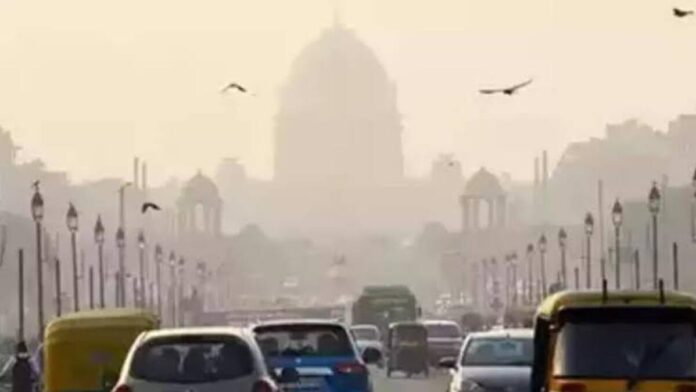The Delhi-NCR region’s anti-pollution restrictions under Stage 3 of the Graded Response Action Plan (GRAP) were lifted on Friday after the city’s air quality improved after heavy rains.
The 24-hour average air pollution index (AQI) for Delhi was 324 at 7 p.m., indicating a downward trend in air pollution levels. After the India Meteorological Department and the Indian Institute of Tropical Meteorology forecasted additional improvement due to favourable meteorological conditions, the Commission for Air Quality Management (CAQM) suggested removing the restrictions. On December 16, the Stage 3 limitations went into effect.
On Saturday and Sunday, additional showers are predicted for the city and surrounding areas. In the following days, officials predict that the air quality will continue to be at the lower end of the “very poor” or “poor” categories.
Non-essential building and demolition operations, the operation of brick kilns and companies that use non-clean fuels, and non-essential diesel generator sets were all prohibited under GRAP-3. In order to reduce air pollution, Delhi also outlawed the use of diesel trucks for transporting non-essential items and forbade the open burning of biomass and trash. Under Stage 3, all classes up to Class 5 had to switch to hybrid mode. “Taking into consideration the improving air quality and the probable repercussions of sustaining Stage-III restrictions, which significantly disrupt numerous stakeholders, the CAQM has opted to revoke Stage-III measures with immediate effect across NCR. Meanwhile, protocols associated with Stages II and I will continue to be enforced, monitored, and optimised. This is crucial for preventing further deterioration in air quality,” the Commission said. According to officials, the region would continue to implement the curbs that were mandated by Stages 1 and 2.




